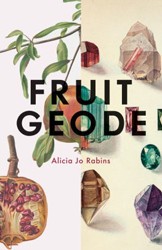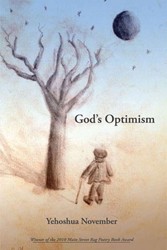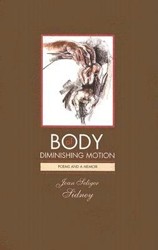By
– September 1, 2011
Eliaz Cohen might be reflective of a broader Israeli sentiment toward the troubles besetting that country over the last ten years. His poems resound with love of the land of Israel, abounding with agricultural and sensual richness. However, it is also a place crying out with sorrow and pain over continual conflict with its neighbors and lack of international support. Consider how the prophets and teachers of old still walk the land to address the ever-present burden of conflict in “Kislev, on the Way to Hebron,” “…The oaks wept to us when we approached/the city/a third old man came into view/…and behold he was playing a thin flute carved from cane…Even when he came close to us/we could not explain how/the flute landed on our head/releasing from each of us swarms/swarms bearing a shofar and torches/we came/to conquer the inner palace and the temples.” Or contemplate the current enmity between Jacob and Ishmael, “Ishmael is hurtling stones —/’Words’ he shouts —/at me/words harder than stones, and where were you/when they drove me away at dawn with a flask of water/our son/Ishmael cries/will jostle within us will serve each other/will conjoin with ladders, angels, women/will hurl at each other memories…” Vivid scenes convey the horror of serving in the military as one marches or gazes at the terror and bloodshed from the top of a military tank. Yet within the horrors itemized lies everlasting hope for a Messiah, nameless and hiding, yet coming to bring a holy peace to the painful, haunting enmity that has endured far too long.
Deborah Schoeneman, is a former English teacher/Writing Across the Curriculum Center Coordinator at North Shore Hebrew Academy High School and coeditor of Modern American Literature: A Library of Literary Criticism, Vol. VI, published in 1997.




